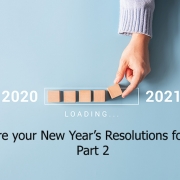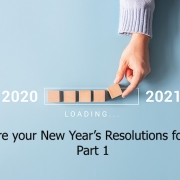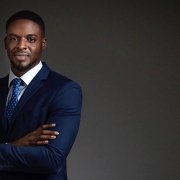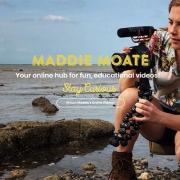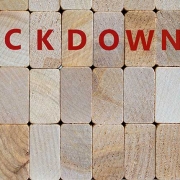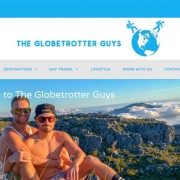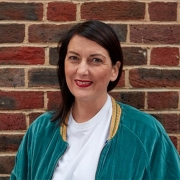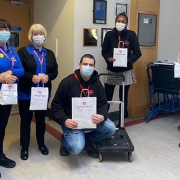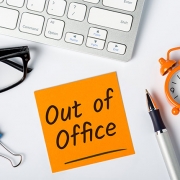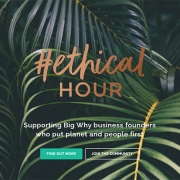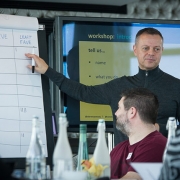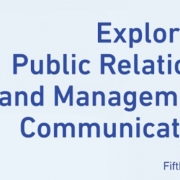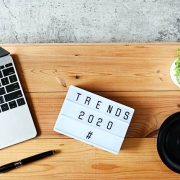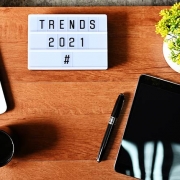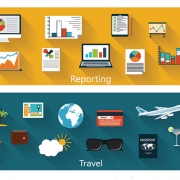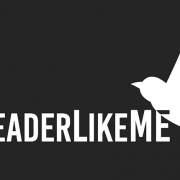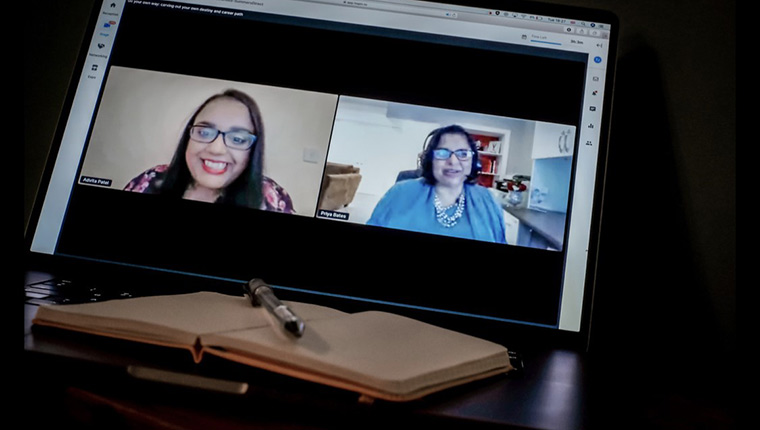PR and communications people – what are your New Year’s Resolutions for 2021? Part 2
Read on for more New Year’s Resolutions from PR and communications practitioners that might make your 2021 a little easier, too (featuring less phone time, more book time and new habits)…
For Part One, click here.
HonestDigitalComms’ Lucy Yates will take time to celebrate successes
‘My main one is to celebrate my wins, even the small successes. Life is tough and can be pretty thankless, so it’s important to mark the good moments. As a busy freelancer, it’s all too easy to just move on to the next thing, but taking time to reflect on successes or treat yourself for doing well is a great way of commemorating quality work or reaching milestones.’
Xpand Marketing’s Jag Panesar will be holding a book
‘I’m committed to reading more! I’ve got into the habit of listening to audio books, but a recent challenge saw me purchase an actual book and it reminded me of how great it feels to hold a hard copy of a new book in your hand. I’ve collected a lot of books over the years which are all waiting to be read, so challenge accepted.’
White Rose PR’s Louise Pinchin is restructuring her day (and her bad habits)
‘This year I’ve been inspired to replace my bad habits and commit to starting each day doing at least one thing that contributes to new business before I get on with the day job; finishing each day with a business and personal ‘to do list’ for the following day so things aren’t spinning around my head all evening/night; replacing the need to start work at 6am with half an hour of yoga before I switch on my laptop thus getting into a better morning routine; after 2pm I’m replacing half the caffeinated cups of tea I have every day with herbal tea. Fingers crossed these are realistic commitments I can stick to!’
Institute of Development Studies’ Natalie Orringe wants to inspire change
‘The big learning of 2020 was how quickly and how consistently life would change, above all in global news, politics and science. Doing well when things are so volatile requires resilience and, above all, investing in the team to make sure people have the time to reflect and adapt. In our world at IDS, 2021 will bring renewed focus on how we translate complex research into evidence-based stories that capture people’s imagination and inspire change. It can be done!’
Little Seed Group’s Ellen Cole will make PR more accessible
‘I will be launching several new e-learning modules to support sole-traders, small charities and micro-businesses to become more confident in overseeing their own online and offline communication channels. These courses will include Mailchimp Marketing, How to Write a Media Release and several social media courses. My aim is to release a new course each month so that I can help others to thrive post-pandemic.’
Big Wave PR’s Hilary Collins is going local
‘One of the biggest industries to feel the pinch in 2020 was the High Street. from January 2021 onwards we are actively seeking out local businesses we can support. While there’s restrictions in pubs and restaurants, it’s a great excuse to order a takeaway!’
The Digital Voice’s Julia Smith will be recharging
‘Always take a moment. We are living in a period of intense transition and change. This doesn’t look set to stop any time soon. Take a moment to recharge, even if you can’t take a whole day out. I encourage the team to take time off and to recharge – whether just for a day, or even an hour. This time matters, and it means we come back together recharged, motivated, and ready to give our best selves. We may have just had a holiday, but we still need a moment for ourselves – every day.’
Sophie Attwood Communications’ Rachel Tompkins is going to worry less
‘On a personal level, I’m going to try to worry less about the things that aren’t in my control. We’ve were trying to move house in 2020 and it’s a long, slow and very frustrating process!’
KC Communications’ Katrina Cliffe is spending less time on her phone
‘My new year’s resolution is to keep any work-related apps off my phone so that when I finish up for the day, I’m not tempted to sneak a peek. Last year, I took the decision to remove my work email, work chat apps and any other apps that were work-related. This knocked off about two hours per day where I was using my phone more than I needed to be.
‘While having the ability to work remotely is great and brings about a number of benefits, I do believe that working remotely has made myself and my colleagues too available which leads to burn out and impacts creative ideas and in turn results. We need to afford ourselves some time.’
Ballou’s Cordy Griffiths is setting up clear boundaries
‘Working from home has blurred the work-life boundaries a little. I am constantly on my phone during the day and in 2021 I am going to be more strict with myself about it, carving out online time and separating that out from real life time. Maintaining work inside a boundary is an ongoing process that requires a bit of reflection, noticing new habits and checking unhelpful behaviours.’
If you’re ready to take on 2021’s challenges, here are 8 tips for getting motivated for work and some predictions for which trends to expect in PR and communications this year from 13 industry thought leaders.

